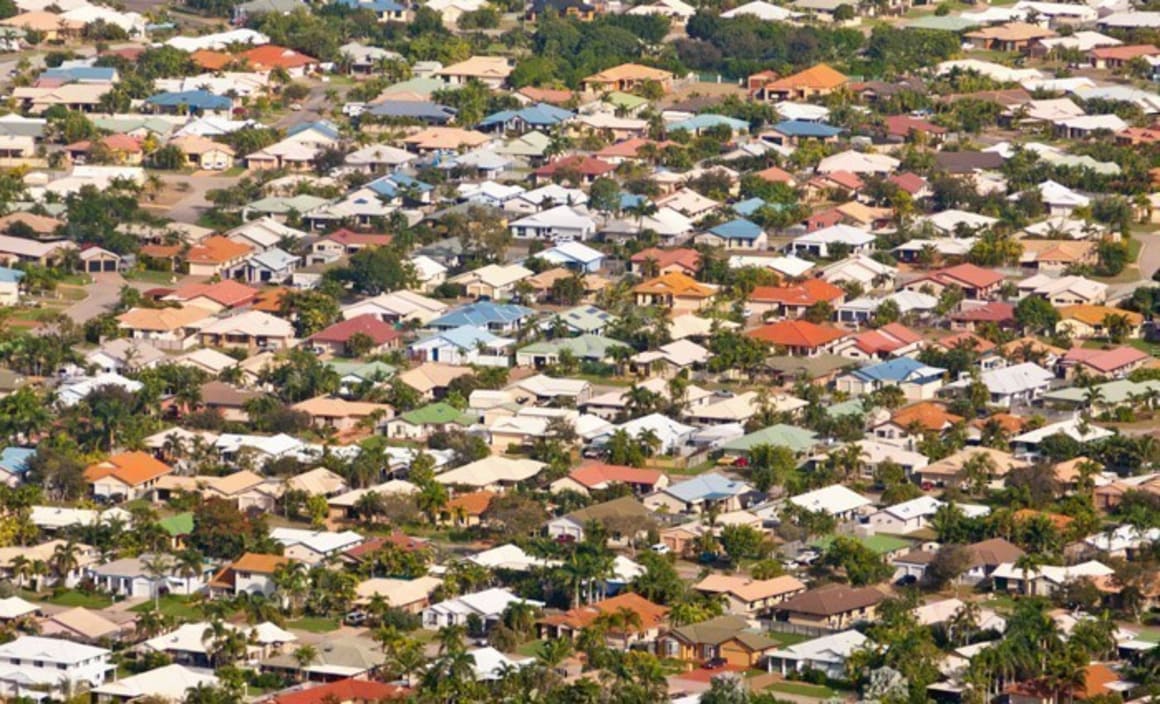NBN to connect everyone by 2020: Kathrine Dyer

All Australian homes will have broadband connectivity by 2020, according to a senior executive of NBN Co tasked with rolling out the National Broadband Network which promises to deliver super fast internet.
NBN Co’s chief network deployment officer Kathrine Dyer has said that no premises will be left unconnected by the time the rollout is completed in 2020, according to The Australian.
“There will be a lot of night works, additional traffic management and higher level of consultation with council on land access,” Dyer said.
Nearly 200,000 premises faced lengthy delays connecting to the network despite the fact that the NBN has been rolled out in their neighbourhoods.
These “service class 0” premises, which make up close to 5 per cent of the 5 million or so premises ready to receive NBN service, have been put in the “too-hard basket” by NBN Co.
Dyer said some premises had been left in limbo and NBN Co was working to ensure they would not fall further behind.
“This year is the year we look at these premises and start making them serviceable,” she was cited as saying by The Weekend Australian.
Back in 2015, when NBN Co revealed its plan to reach 9.1 million homes by 2018, its chief executive Bill Morrow had said, “This is a bold plan that puts us in striking distance of our ultimate goal of delivering better broadband to every Australian by 2020.
Two years down the line, the project has been marred by delays and criticism. In September 2016, a joint standing committee of parliament was established to inquire into the NBN rollout.
Dyer said the decision to leave some premises behind was due to several factors, not just technology.
“We had some examples where we would get to multi-dwelling units (apartments) and the body corporate would tell us to come back in 12 months,” she said.
Critics, however, say the decision to bypass homes was more about meeting aggressive rollout targets and keeping costs down.
Recently, Rod Tucker, a telecommunications expert and professor at the University of Melbourne, told the Senate committee overseeing NBN that Australia’s FTTP fibre-to-the-premises connections were costing $4,405 on average and were among the most expensive in the world.
With the rollout entering the metro areas, the next 12 months are expected to be critical for NBN Co as connecting metro suburbs will require significant civil works and better co-ordination between NBN Co and the retail service providers.
Dyer said the biggest pain for consumers was a lack of clarity about on where NBN Co’s responsibility ended and the retail service providers took over.
“We are all on a journey here and there’s a learning curve here for providers and residents,” she said.